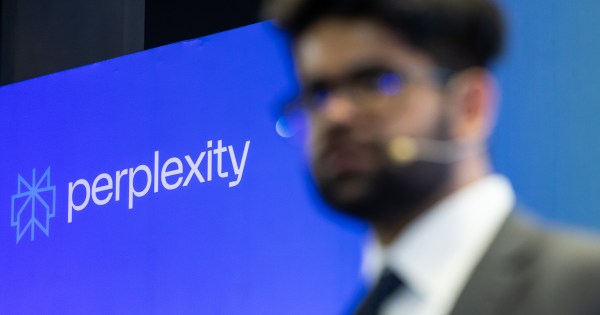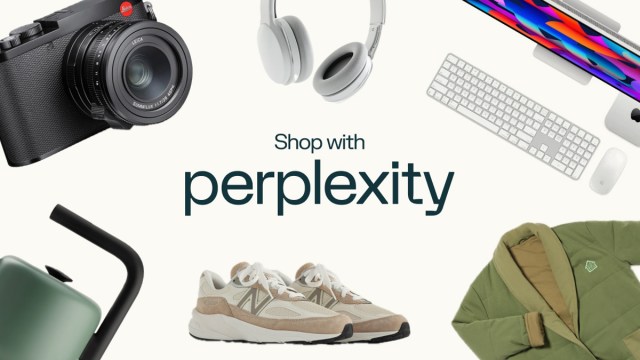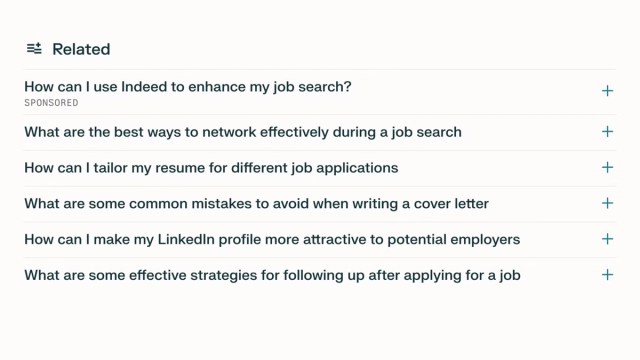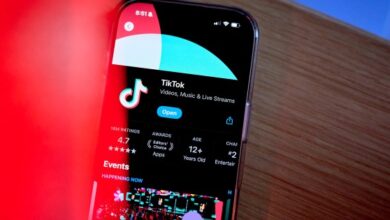Perplexity adds The Independent, LA Times, Blavity and others to its publisher revenue sharing program

Perplexity’s publishing program, which distributes revenue to media outlets when their content appears alongside ads on the AI research platform, has recruited its second group of partner publishers.
The San Francisco-based startup now works with more than a dozen global media titles, including the Los Angeles Times, Blavity, The Independent, Prisa Media (the leading Spanish-language media brand), Lee Enterprises (owners of local newspapers on 73 markets). , DPReview, Gear Patrol, MediaLab, Mexico News Daily, RTL Germany brands, World History Encyclopedia and ADWEEK. With additions such as Newspicks and Minkabu Infonoid in Japan, Perplexity is going global with its recruiting efforts, expanding to the United Kingdom, Spain, Japan and Latin America.
Jessica Chen, head of publisher partnerships at Perplexity, would not share the exact terms of the deal, but said it targets high-end publishers, including those with niche expertise.
Participating publishers also receive a free one-year subscription to Perplexity’s Enterprise Pro, which includes access to the company’s development tools and analytics. These resources help publishers track how their content appears on Perplexity, with data provided by both Perplexity and ScalePost. Getting started with AI ScalePost helps publishers monetize data that might otherwise be scraped by AI robots from companies like Google, OpenAI and Perplexity.
“It’s not the best deal I’ve seen,” said an executive at a publisher involved in the deals, speaking to ADWEEK on condition of anonymity to preserve industry relations. While Perplexity’s traffic isn’t huge, how much publishers get from that revenue share will also depend on how its advertising business scales.
ADWEEK first reported Perplexity advertising plans in April. The startup has since added a small number of brands and agencies, like Indeed, Whole Foods, Universal McCann and PMG, to test its sponsored ads on Perplexity in the United States, it announcement in November.
Chen told ADWEEK that Perplexity plans to expand its advertising efforts by expanding brand partnerships beyond the United States. The company aims to grow its current 12 categories, increase brand collaborations and expand its advertising reach in global markets, but has not disclosed specific details.
In 2025, Perplexity is making significant investments in its Discover page, while exploring potential collaborations with publisher partners to create and curate content for the platform.
“The idea certainly being that [we] I want to help them get discovered,” Chen said.
Perplexity, a relatively young startup, faces stiff competition from established giants like OpenAI and Google. The importance of its advertising business depends on changing consumer behavior, particularly how quickly users abandon traditional search methods in favor of AI platforms.
Perplexity’s first wave of publisher signups in July included majors like Time and Fortune. These early partners have signed multi-year agreements, guaranteeing a double-digit share of advertising revenue at a locked-in initial rate. Perplexity said it aims to hire 30 editors by the end of the year, ADWEEK previously reported.
Perplexity’s checkered history with publishers
Perplexity, which processes more than 100 million queries per week, has found itself in a sticky situation with publishers like Forbes and Wired after a Forbes editor. discovered the publication’s paid content had been plagiarized into Perplexity’s new product, Pages. This AI-powered tool allows users to generate reports or articles based on prompts. Following the incident, an investigation led by Wired revealed that Perplexity’s AI “paraphrased Wired stories, sometimes inaccurately summarizing them with minimal attribution.”
Forbes has since threatened legal action against perplexity.
A June report by ADWEEK revealed that Perplexity was circumventing the efforts of publishers like the New York Times, The Guardian and Condé Nast to block its crawlers, potentially depriving these publishers of billions in advertising revenue by accessing and serving their media content. In October, Perplexity was still rolling modest traffic to publishers, including those who tried to block its bots, ADWEEK previously reported.
Shortly thereafter, the New York Times sent Perplexity a “cease and desist” notice demanding that the company stop using the newspaper’s content for generative AI purposes, marking the latest conflict between the press publisher and an AI company.
Media companies have long been concerned about the rollout of search products by tech giants like Google. AI Overviewwhich could siphon traffic from publishers and disrupt revenue models built around search. But as AI increasingly takes center stage, partnerships with AI companies could provide a much-needed revenue lifeline, especially if AI continues to eat away at traditional search.
In October, OpenAI officially has added an AI-powered search engine in ChatGPT, making it the latest entrant in the search field, competing with Google Search, Microsoft Bing and Perplexity. This week, the AI company announced a Marketing Director and suggested to the FT that announcements were in his future.
The creator of ChatGPT also entered into partnerships with major media brands, including News Corp, Axel Springer and Condé Nast, ahead of the rollout, with the aim of directing traffic to publishers’ websites by including prominent quotes from the content source in search results. OpenAI Media Partnerships Manager said Press Gazette said it currently has no plans to share advertising revenue from its SearchGPT product with the publishers whose content it distributes.






